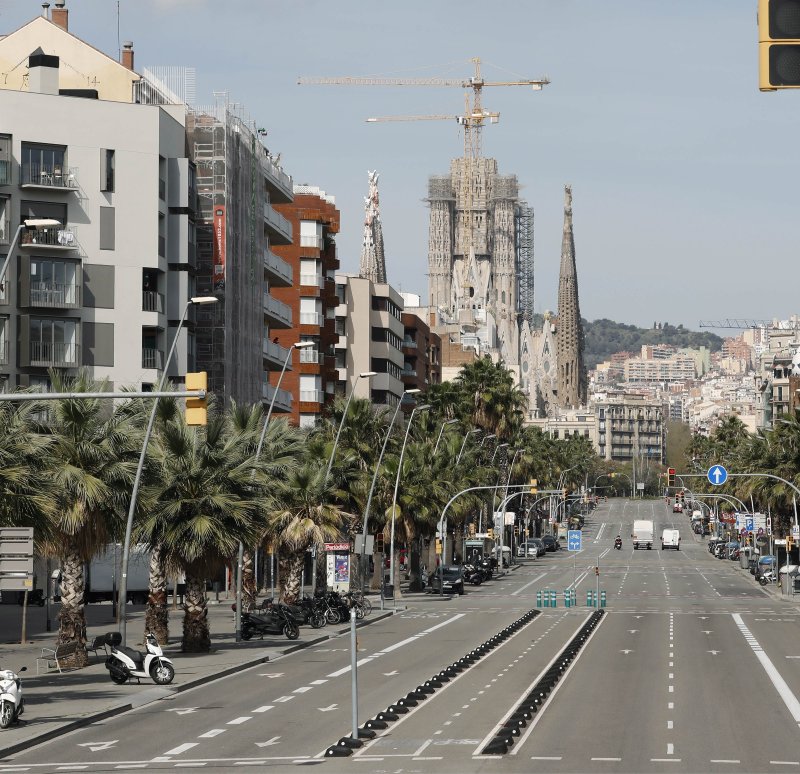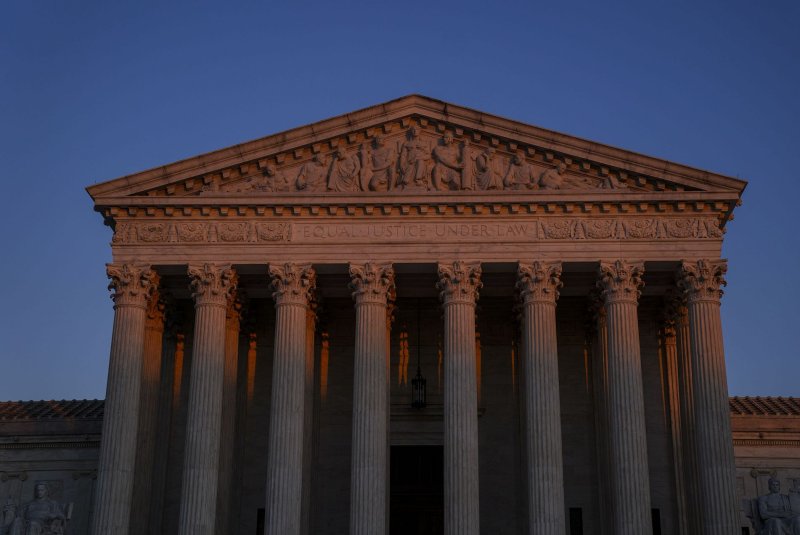By KIRSTEN GRIESHABER

1 of 5
People wearing face masks stand next to posters calling for people to stick to coronavirus measures and not demonstrate with right-wing extremists and conspiracy theorists, at a counter-rally against anti-vaccination activists at the Gethsemane Church in Berlin, Germany, Monday, Jan. 24, 2022. A growing number of Germans have recently joined grassroots initiatives, local groups and spontaneous demonstrations to speak out against vaccination opponents, conspiracy theorists and far-right extremists who have led protests against COVID-19 measures in Germany. (AP Photo/Markus Schreiber)
BERLIN (AP) — Stefanie Hoener was at home one night in Berlin when she heard police sirens wailing through her Prenzlauer Berg neighborhood and anti-vaccine protesters shouting angry slurs as they marched down to the Gethsemane Church — a symbol of the peaceful 1989 revolution in East Germany that ended the communist dictatorship.
“That night these people really crossed a line,” Hoener said Monday as she stood with 200 others— many of them neighbors — in front of the red brick church to protect it from anti-vaccine protesters glaring from the other side of the street.
“If today, when everyone is allowed to express themselves freely without having to fear anything, they stand here and say we live in a dictatorship, then I can no longer tolerate that,” Hoener told The Associated Press. “I for one am very happy to have been vaccinated free of charge and to have received financial support from the government during the pandemic.”
The 55-year-old actress is one of a growing number of Germans who have joined grassroots initiatives and spontaneous demonstrations to speak out against vaccination opponents, conspiracy theorists and far-right extremists who have led protests against Germany’s COVID-19 measures.
Across the country, the new counter-protesters have turned out in favor of the government’s pandemic restrictions and a universal vaccine mandate, which will be debated Wednesday for the first time in German parliament.
Tens of thousands have signed manifestos against illegal anti-vaccine demonstrations in cities including Leipzig, Bautzen and Freiberg. Others have formed human chains in Oldenburg or Rottweil to push back far-right protesters, while dozens of medical students recently held a silent vigil outside a hospital in Dresden to protest a rally by far-right vaccine skeptics.
The silent majority in Germany that has obediently reduced their social contacts, got vaccinated and looked out for each other for close to two years to protect themselves and the most vulnerable from COVID-19 seems fed up by the small but loud minority of coronavirus deniers.
Not all of the anti-vaccine protesters in Germany are outright deniers of the pandemic, some are simply afraid of possible side effects of the vaccines or feel that the country’s health authorities have been too pushy. However, radical opponents on the far-right have tried to seize the protest movement for their own purposes.
The new counter-protesters feel that the radical vaccine refusers have been getting outsized media attention and have too much influence on the public debate about how Germany should handle the pandemic.
Even the German president this week called on the country’s silent majority to stand up and protect the country’s democracy.
“Being the majority is not enough. The majority must become politically recognizable. It must not retreat. The silent center must become more visible, more self-confident and also louder,” President Frank-Walter Steinmeier said at a panel Monday in Berlin.
Stephan Thiel, a theater director, said he was initially hesitant to join the rally in front of Gethsemane Church on Monday because he didn’t want to mingle with too many people amid quickly spreading virus infections. At the same time, he also felt he had no choice but to express his opinion.
“There are many sensible people who are staying at home because of the virus. I also find it a bit problematic to be here. But we have to be here,” he said, speaking from behind a black anti-virus mask. “We have to show that we are here and that they are not the majority. And I hope that more and more people will come every time.”
Thiel, 51, grew up under communism. He still remembers how millions of East Germans brought down the regime with their weekly demonstrations in 1989. He said he was especially offended that the anti-vaccine protesters tried to exploit the Gethsemane Church’s symbolism as a famous meeting place for opponents of the Communist regime.
“I really don’t like how they try to use that history. That’s also a reason why I came here to make a stand,” he added.
The call for action among pro-vaccine activists comes at a time when German society may become even more polarized as a universal COVID-19 vaccine mandate is up for discussion in parliament. Divisions on that issue cut across party lines. The coalition government has left it to lawmakers to draw up cross-party proposals on whether there should be a mandate and how it should be designed.
So far, at least 73.5% of Germany’s 83 million residents have been fully vaccinated, and 50.8% have already received a booster shot.
For Hoener, who has joined a neighborhood initiative that organizes weekly vigils in front of the church, there’s no question that Germany should introduce a vaccine mandate shortly.
“In Germany, unfortunately, there are not enough people who would get vaccinated voluntarily, so I think it has to be made mandatory,” she said. “Otherwise we will never get rid of this pandemic.”
___
Follow all AP stories on the pandemic at https://apnews.com/hub/coronavirus-pandemic





